Salary cap exceptions allow teams to sign a player even if they are already over the salary cap. Most teams will at least go slightly over the salary cap each year and without exceptions they could not do that. Cap exceptions are necessary for teams to maintain a competitive roster over a long period due to the large proportion of the cap taken up by stars.
Minimum salary exception
The NBA minimum salary exception allows a team to sign a player on the minimum salary whatever the team’s salary cap situation is. This also applies when trading for a player on minimum salary. There is no limit on the use of the minimum salary meaning that teams can fill up their roster with minimum salary players, even if they are over the salary cap. Every team over the cap will use this exception multiple times each year.
Mid-level exception
Each team can sign one or more players each year with the mid-level exception . The contracts can be up for four years but the total first year salary must be under a certain amount. The amount increases each year and depends on each team’s financial situation. If a team is paying the luxury tax then their mid-level exception for the 2018-19 season was $5.337 million. For non-tax paying teams the exception is $8.641 million.
The mid-level exception can also be used by teams with cap room to re-sign their own free agents for up to two years with a total first year salary of $4.449 million.
The main purpose of this exception is to allow teams to sign a limited number of role players for above the minimum salary.
Bi-annual exception
The bi-annual exception can be used once every two years to sign players to two year contracts. The total first year salary for this exception was $3.382 million in 2018-19. The bi-annual exception is used to sign players that demand more than the minimum but earn less than the mid-level exception. When the bi-annual exception is used, the luxury tax threshold becomes a hard cap meaning teams cannot exceed it for the rest of the season.
Bird exception
The Bird exception is one of the most significant exceptions as it allows teams to keep their players whatever their salary is. To qualify a player must have not moved teams as afree agent during the last free seasons. Any player that qualifies for the bird exception may sign any contract with their current team up to the maximum salary. This exception is crucial for the most dominant teams as it allows them to keep their core of stars together.
Early-Bird exception
This is the lesser version of the Bird exception and it only requires two years without becoming a free agent. Under this exception players can be signed for up to 175% of their previous salary or the league average salary, whichever is greater. Early-Bird contracts must be for between two and four seasons.
Non-Bird exception
This applies to players that do not qualify for either of the previous two exceptions. Under this exception players can be signed for up to four years for 120% of their previous salary.
Disabled player exception
Teams can sign a replacement for an injured player that is out for the remainder of the season, or an entire season. A team must apply for this exception and if they are successful they may sign a player for one year up to the lower value out of 50% of the injured player’s salary and the non-taxpayer mid-level exception.
Rookie exception
The rookie exception simply allows teams to sign their drafted players to rookie contracts even if they are over the cap.
Trade exception
Teams over the salary cap can trade as long as they do not take on more salary than the other exceptions allow. If a team over the cap trades away a player on a higher salary than the player they receive, then they can use the trade exception. The team that loses salary can acquire salary in trades up to the salary difference in the original trade. They have a year in which to do this.
This exception is particularly relevant in sign and trade deals because the team signing and trading will often receive draft picks and low salary players in return. They will then have a large exception giving them flexibility in trades for the next year.
[spreaker type=player resource=”show_id=4112709″ width=”100%” height=”200px” theme=”light” playlist=”false” playlist-continuous=”false” autoplay=”false” live-autoplay=”false” chapters-image=”true” episode-image-position=”right” hide-logo=”false” hide-likes=”false” hide-comments=”false” hide-sharing=”false” hide-download=”true”]

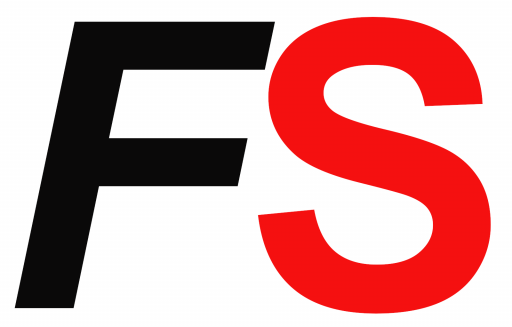
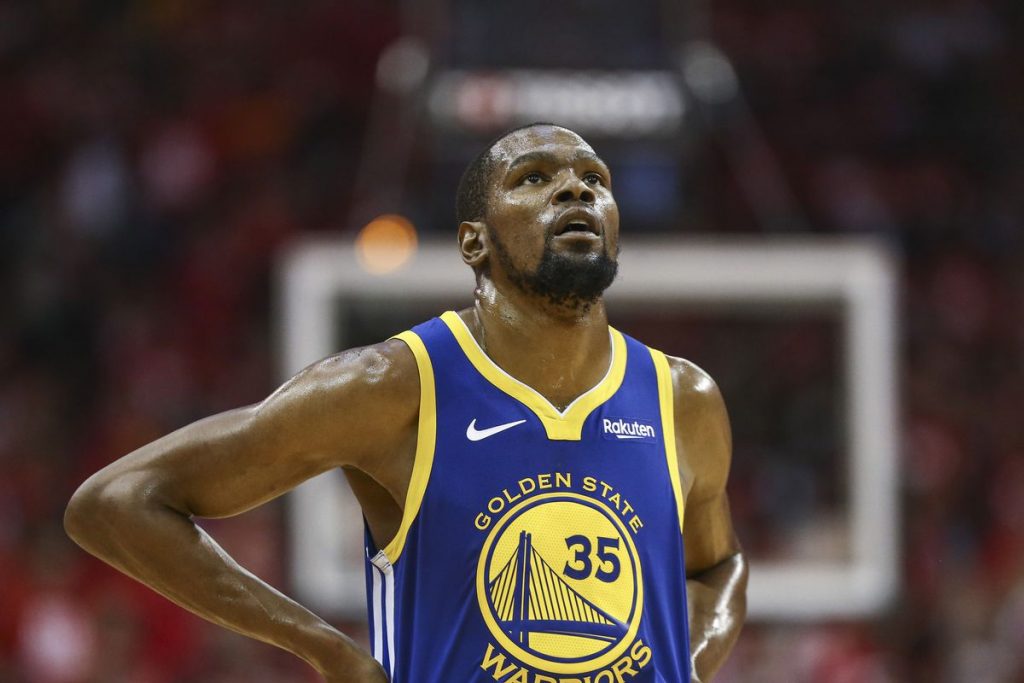
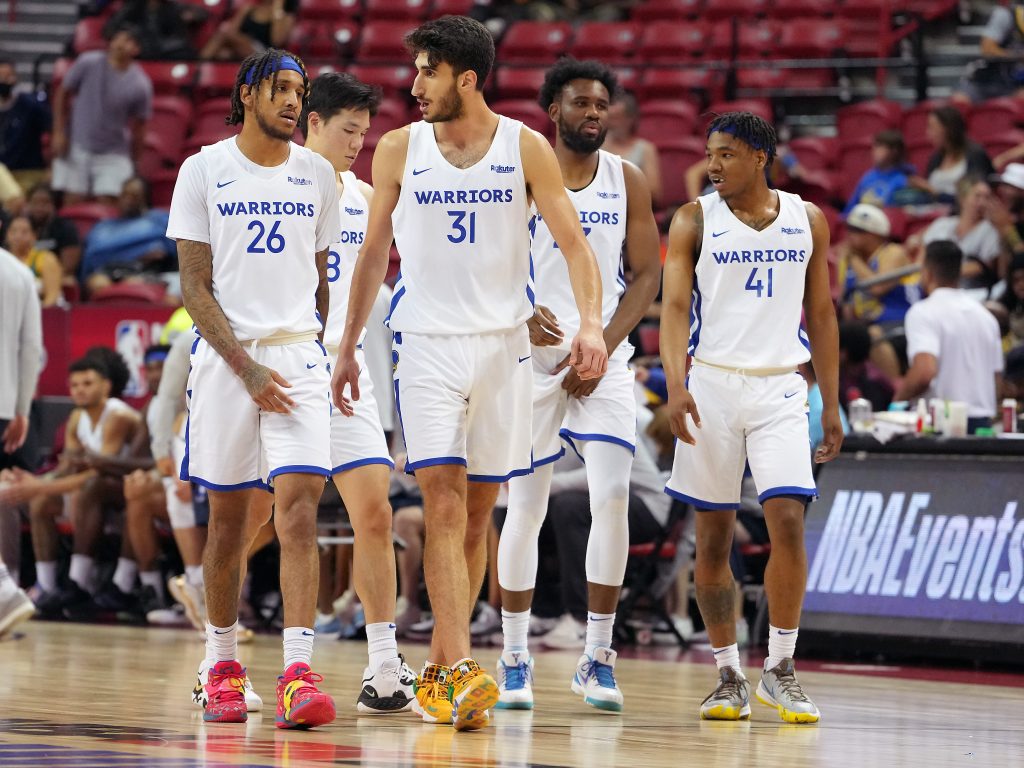
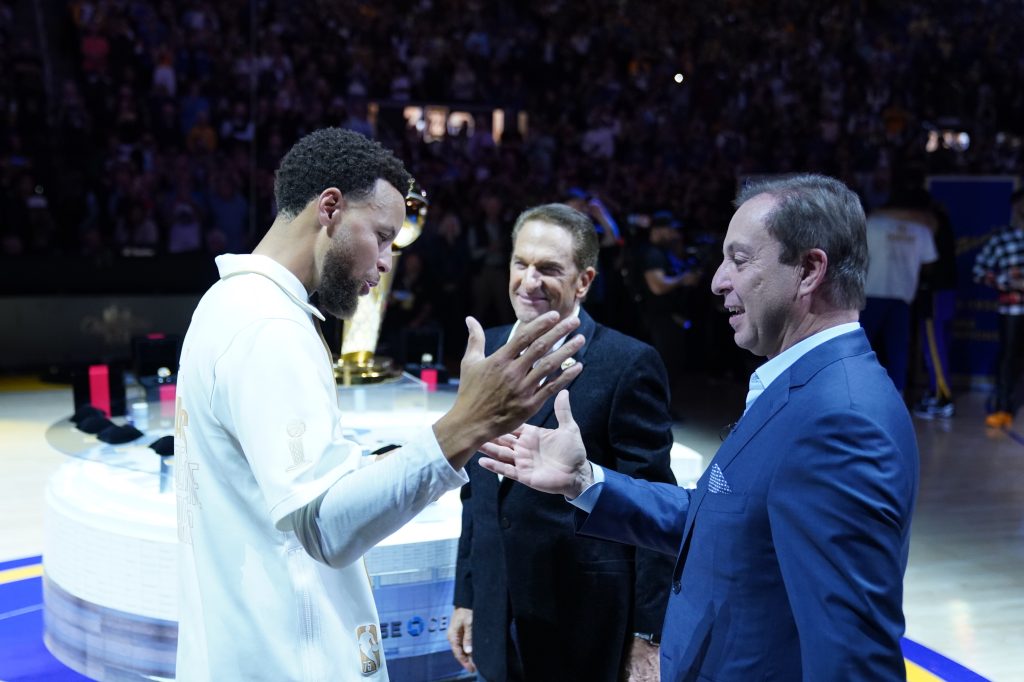
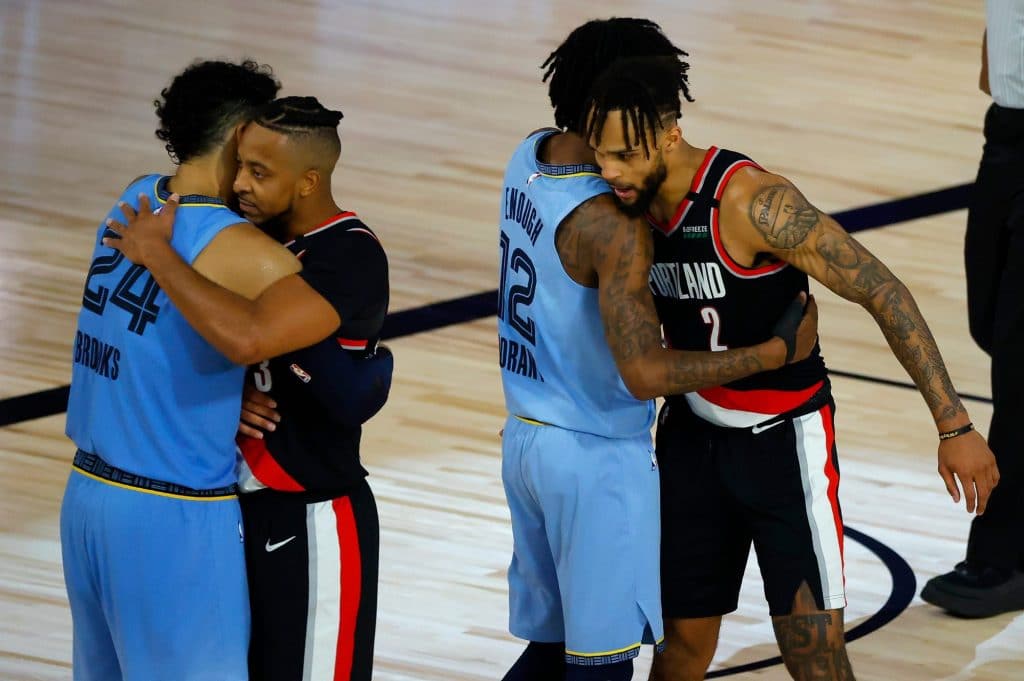
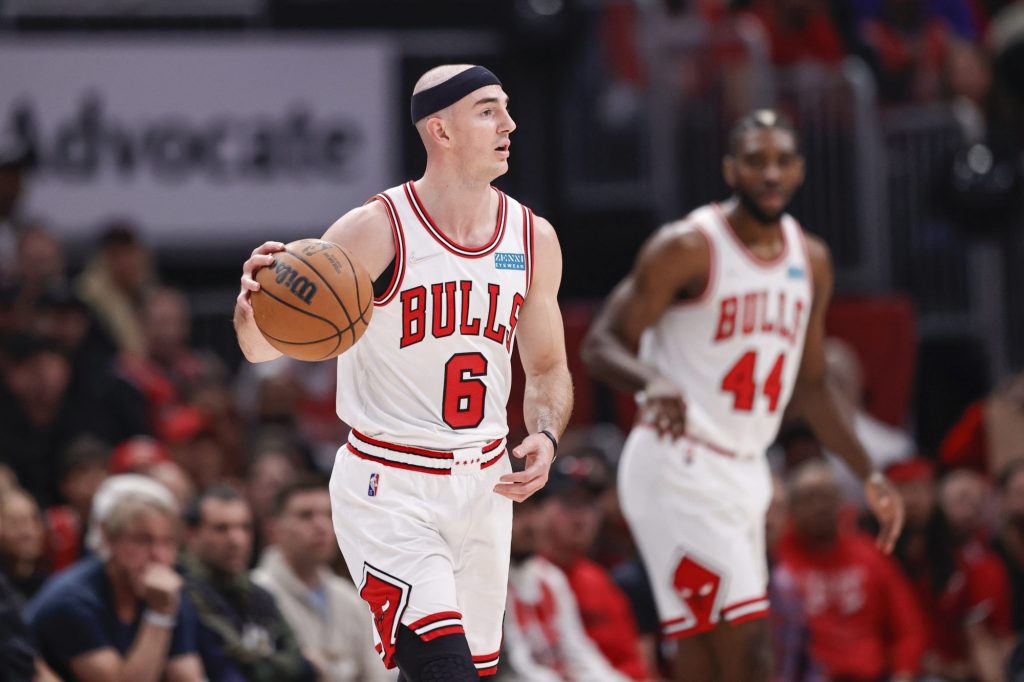
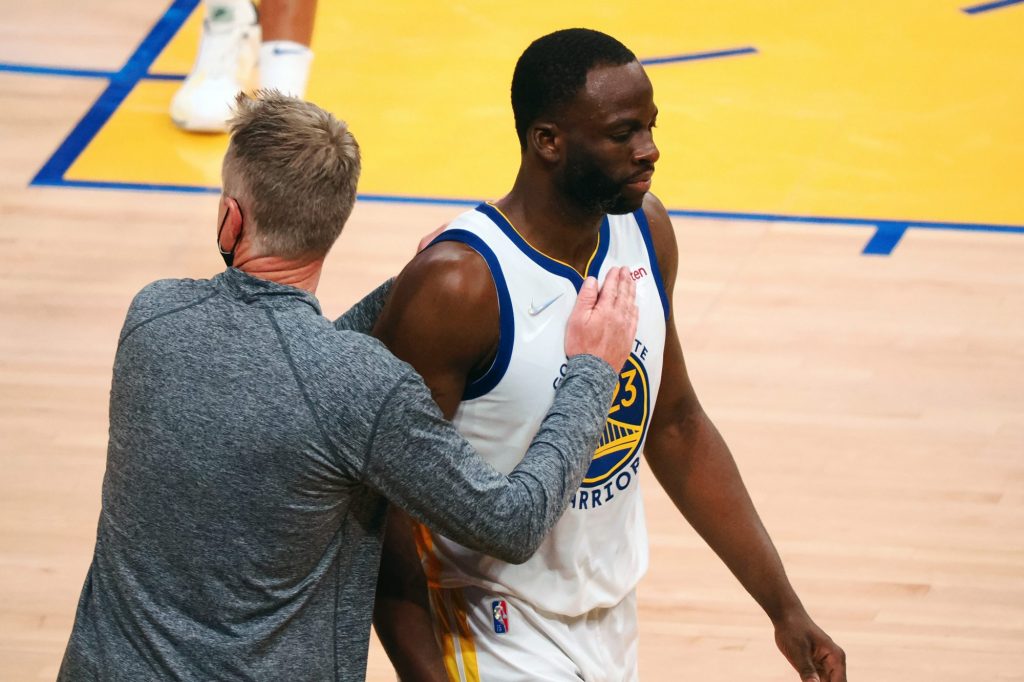
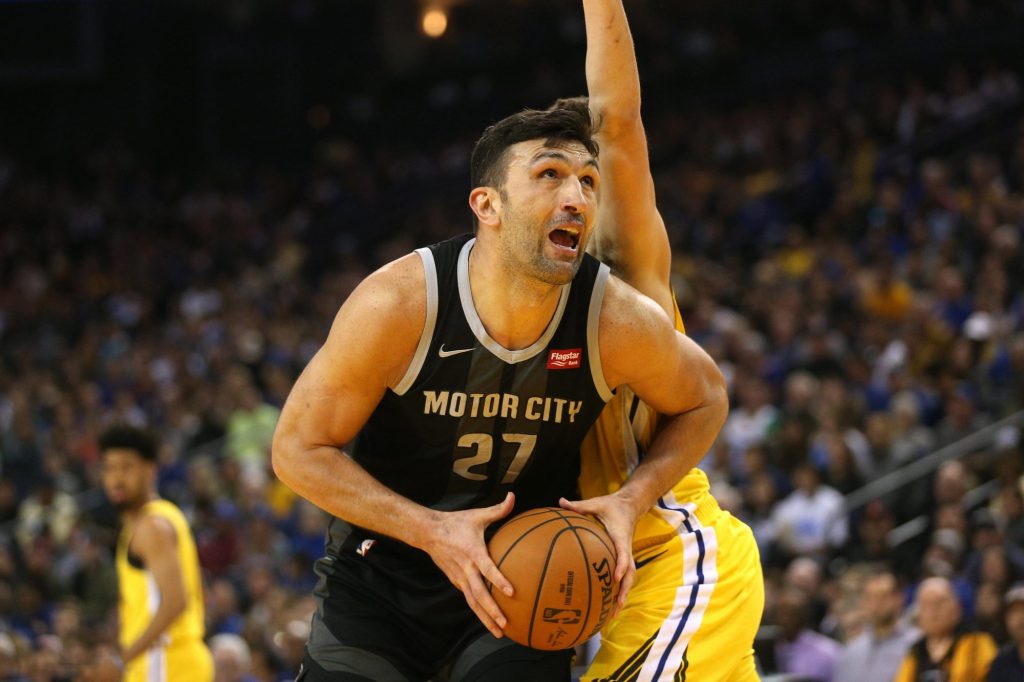
These are all good, but missing some miss crucial points, for example – Bird Rights can also follow a player if he is traded. It also means a team can go over the cap but still be susceptible to luxury taxes etc.